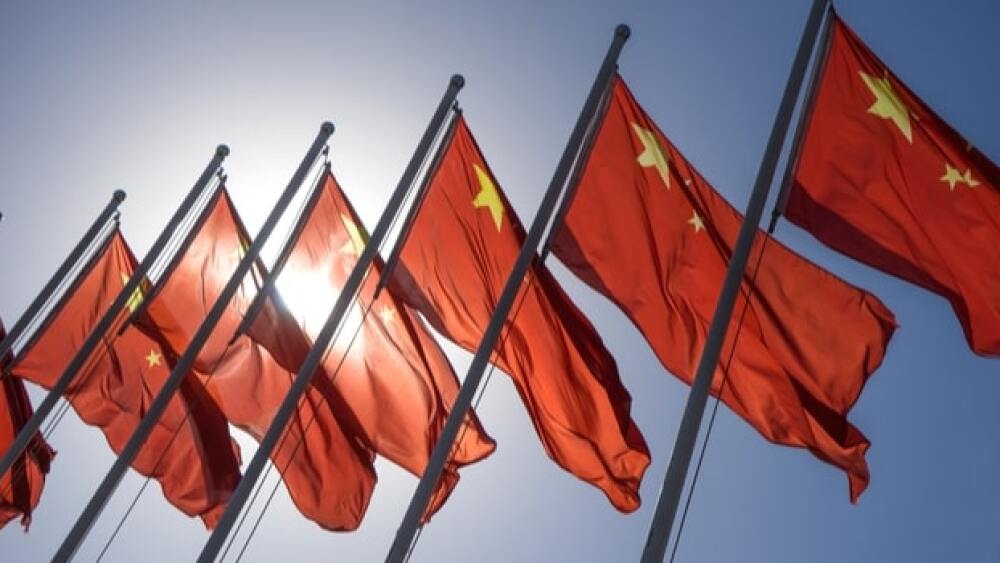Many healthcare, pharmaceutical and biotech companies continue to place their bets on China, bringing fresh rounds of investments to and forging new partnerships with local firms.
Despite the economic slowdown, driven in no small part by stringent pandemic measures and growing geopolitical tensions, China remains one of the world’s top business hubs. Many healthcare, pharmaceutical and biotech companies continue to place their bets on the East Asian giant, bringing fresh rounds of investments to and forging new partnerships with local firms. Read on for more analyses and announcements.
Sequoia China Scores $9B for Tech and Healthcare Investment
Beijing-based Sequoia China has secured nearly $9 billion in investments, according to a report by The Information, which cited two people familiar with the deal. If true, this could be the biggest sum raised by a single venture capital (VC) firm for Chinese tech startups.
The fundraising haul, larger than the firm’s initial target of $8 billion, will be used for four new investment vehicles: two for mature firms, one for seed funding and one for mid-to late-stage startups. Though exact details of where the funding will go remain sparse, Sequoia China is likely to invest them in companies operating in the technology and healthcare spaces.
Sequioa China is the Chinese unit of Silicon Valley’s Sequoia Capital. The Beijing firm, buckling the nationwide downward trend in venture capital investments, raised $9 billion in capital from pensions, endowment funds and family offices across the United States, Europe, the Middle East and Southeast Asia. Sequoia China is largely focused on healthcare, tech and consumer startups, each of which takes up about one-third of its portfolio.
China’s investment environment is surrounded by much uncertainty, which has made it difficult for smaller VCs to secure backers. In turn, the country’s tech and healthcare industries are now left in the hands of a few established funds.
Wuxi Inches Closer to Leaving U.S. Unverified Trade List
Also from the Mainland, Wuxi Biologics may now be one step closer to leaving the U.S.'s “unverified list” after Chinese officials gave the green light for a U.S. export control officer to conduct on-site inspections in the city of Wuxi.
No specific company has yet been named as part of these inspections, but Reuters reports that the U.S. official had already visited Wuxi Biologics last week, citing a source familiar with the matter. If the investigation finds that everything is in order, Wuxi could soon be taken off the unverified list. Despite the lack of details, the company’s shares grew as much as 12.2% following the news of the inspection.
Wuxi Biologics is a global contract research, development and manufacturing firm, catering to pharmaceutical and biotech companies. It landed on the unverified list in February after restrictions prevented U.S. officials from verifying specific information regarding Wuxi and its products. The company saw a massive 25% drop in stock value at the time, losing nearly $10 billion in market value.
Industry Powerhouses Ramp Up Business in China
Adding to the string of good news from China are U.S. company Siemens Healthineers, German pharmaceutical firm Boehringer Ingelheim and multinational giant AstraZeneca Pharmaceuticals, according to a report by SHINE, an English-language Chinese digital media platform.
In an effort to better meet local demands, Siemens Healthineers is not only expanding its product listings in China but is also seeking to have its higher-end machines, such as MRI and ultrasound systems, manufactured locally. The company is also investing some $449 million to erect a manufacturing plant in Shanghai for in vitro diagnostics and blood test reagents. The plant is expected to start production in 2023.
Boehringer is likewise leaning heavily into local collaborations after it set up a digital lab in China earlier this year to develop cutting-edge healthcare solutions. The company is also holding the “Innovate China 2022” competition, set for next month and organized in partnership with the China Europe International Business School. The finals are scheduled for December this year.
Meanwhile, the China unit of AstraZeneca’s R&D arm launched its Translational Medicine Research Grant last week, with the aim of promoting basic and translational medical research in the country. Under another project, the CoSolve Innovation Program, representatives from the company will pick out and support some of the most promising technology innovations from local startups. With all these grants, partnerships and opportunities, healthcare research in China is expected to flourish in the coming years.






